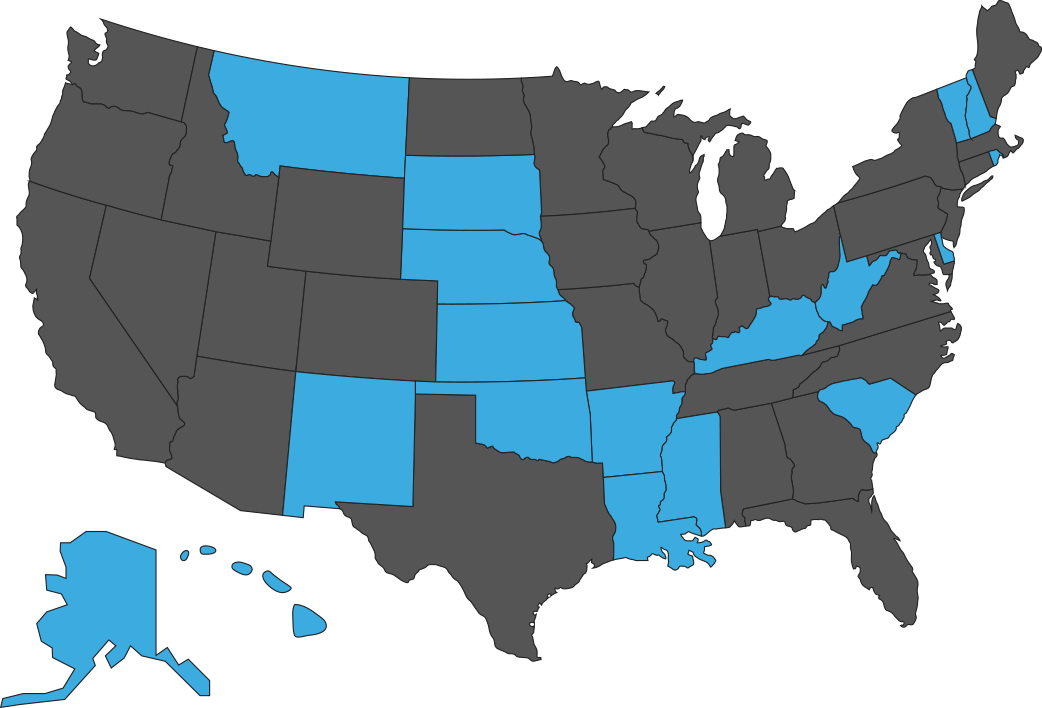Click Here to Begin Lesson
Objectives
Discuss the importance of Community Advisory Boards
Describe ways CABs are defined (purpose, membership, and scope)
Identify issues to consider when establishing and running a CAB
References
A O’Mara-Eves, G Brunton, D McDaid, S Oliver, J Kavanagh, F Jamal, T Matosevic, A Harden, and J Thomas. Community engagement to reduce inequalities in health: a systematic review, meta-analysis and economic analysis. Public Health Research. 2013;1(4). 10.3310/phr01040
Cramer ME, Lazoritz S, Shaffer K, Palm D, Ford AL. Community Advisory Board Members’ Perspectives Regarding Opportunities and Challenges of Research Collaboration. West J Nurs Res. 2017 Mar 1:193945917697229. doi: 10.1177/0193945917697229. [Epub ahead of print]
Ellagrin/Shuttertock
Halladay JR, Donahue KE, Sleath B, Reuland D, Black A, Mitchell CM, Breland CE, Coyne-Beasley T, Mottus K, Watson SN, Lewis V, Wynn M, Corbie-Smith G. Community Advisory Boards Guiding Engaged Research Efforts within a Clinical Translational Sciences Award: Key Contextual Factors Explored. Prog Community Health Partnersh. 2017;11(4):367-377. doi: 10.1353/cpr.2017.0044.
Kelly G, Wang SY, Lucas G, Fraenkel L, Gross CP. Facilitating Meaningful Engagement on Community Advisory Committees in Patient-Centered Outcome Research. Prog Community Health Partnersh. 2017;11(3):243-251. doi: 10.1353/cpr.2017.0029.
Newman S Andrews J Magwood G Jenkins C Cox M Williamson D. Community advisory boards in community-based participatory research: a synthesis of best processes. Prev Chronic Dis. 2011 May;8(3):A70. Epub 2011 Apr 15.
Nyirenda D, Sariola S, Gooding K, Phiri M, Sambakunsi R, Moyo E, Bandawe C, Squire B, Desmond N., ‘We are the eyes and ears of researchers and community’: understanding the role of community advisory groups in representing researchers and communities in Malawi. Dev World Bioeth. 2017 Sep 5. doi: 10.1111/dewb.12163. [Epub ahead of print]
Shubis K1, Juma O, Sharifu R, Burgess B, Abdulla S. Challenges of establishing a Community Advisory Board (CAB) in a low-income, low-resource setting: experiences from Bagamoyo, Tanzania Health Res Policy Syst. 2009 Jun 17;7:16. doi: 10.1186/1478-4505-7-16.
Safo S, Cunningham C, Beckman A, Haughton L, Starrels JL. “A place at the table:” a qualitative analysis of community board members’ experiences with academic HIV/AIDS research. BMC Medical Research Methodology. 2016;16:80. doi:10.1186/s12874-016-0181-8.
Speaker(s): Kate Stewart, MD, MPH
Speaker Bio
 Kate Stewart is a professor of health policy and management in the University of Arkansas for Medical Sciences (UAMS) Fay W. Boozeman College of Public Health (COPH). She directs the Office of Community-Based Public Health and leads the community engagement efforts of the Arkansas Center for Health Disparities and the Arkansas Prevention Research Center at COPH.
Kate Stewart is a professor of health policy and management in the University of Arkansas for Medical Sciences (UAMS) Fay W. Boozeman College of Public Health (COPH). She directs the Office of Community-Based Public Health and leads the community engagement efforts of the Arkansas Center for Health Disparities and the Arkansas Prevention Research Center at COPH.
Dr. Stewart also directs UAMS Translation Research Institute’s (TRI) Community Engagement Program. In this capacity, she oversees activities fostering collaboration and partnerships involving community members and organizations, patients and families, and clinician stakeholders to address health issues that are vital to translational research.
Through these leadership roles she has partnered with communities to create infrastructure for community-engaged research with support from the National Institutes of Health, federal Centers for Disease Control and Prevention, federal Health Resources and Services Administration, the U.S. Department of Agriculture, Centers for Medicare and Medicaid Services, and the Robert Wood Johnson Foundation. She has more than 20 years of experience engaging communities, both domestically and internationally, in research and interdisciplinary efforts to improve public health. Her efforts have led to policy changes related to access to care, community health workers, and long-term care


